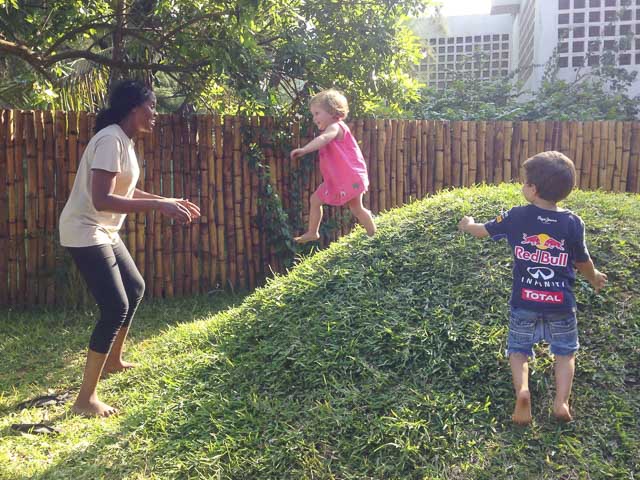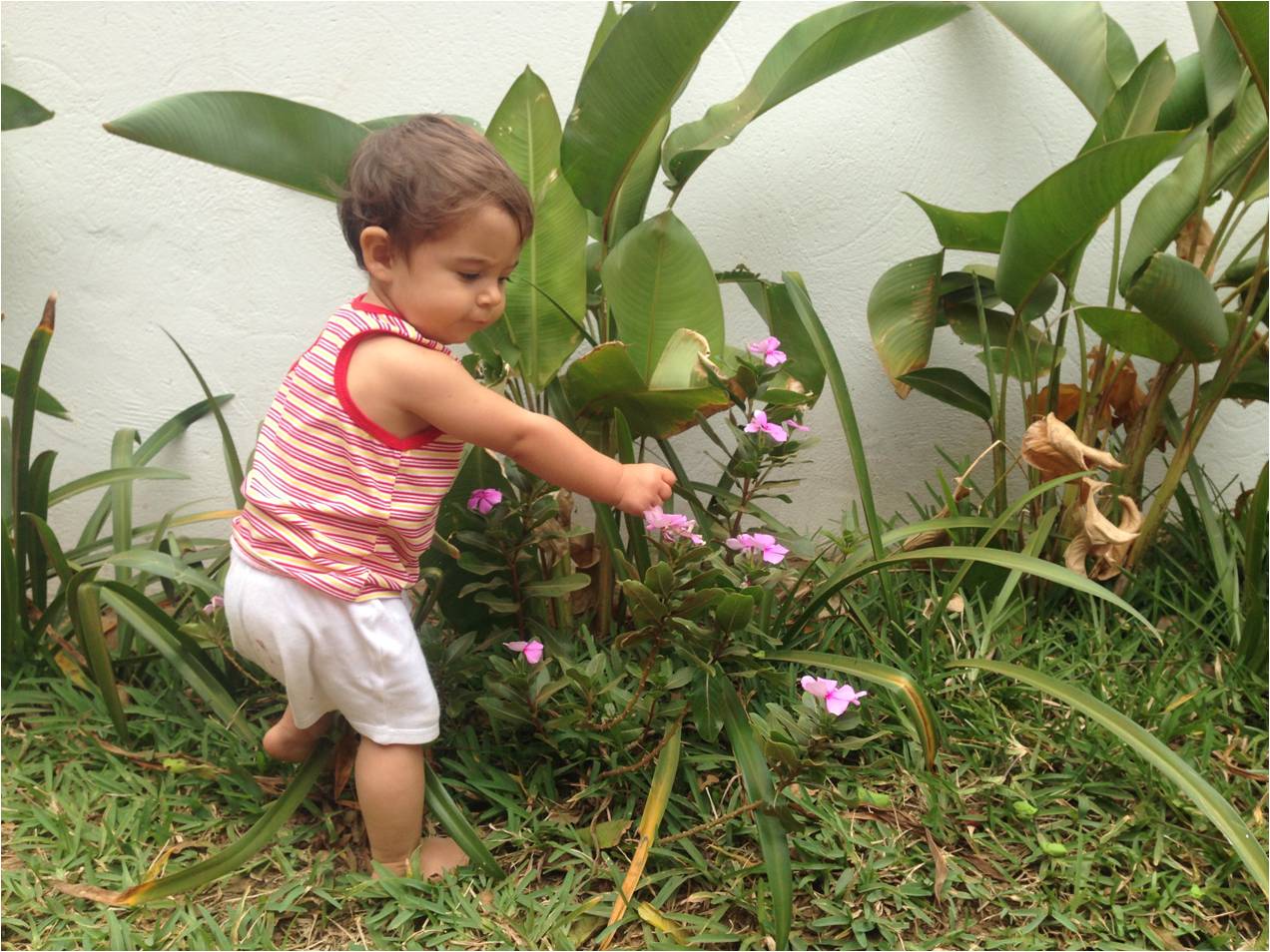Why our children need to get outside and engage with nature
More and more children today have less and less contact with the natural world. And this is having a huge impact on their health and development
By Jon Henley
Cows hibernate in winter, grey squirrels are native to this country, conkers come from oak (or maybe beech, or is it fir?) trees, and of course there's no such thing as a leaf that can soothe a nettle sting. Or so, according to a new survey, believe between a quarter and a half of all British children. You can't really blame them: if, like 64% of kids today, you played outside less than once a week, or were one of the 28% who haven't been on a country walk in the last year, the 21% who've never been to a farm and the 20% who have never once climbed a tree, you wouldn't know much about nature either.
The survey, of 2,000 eight-to-12-year-olds for the TV channel Eden, is the latest in a string of similar studies over the last couple of years: more children can identify a Dalek than an owl; a big majority play indoors more often than out. The distance our kids stray from home on their own has shrunk by 90% since the 70s; 43% of adults think a child shouldn't play outdoors unsupervised until the age of 14. More children are now admitted to British hospitals for injuries incurred falling out of bed than falling out of trees.




